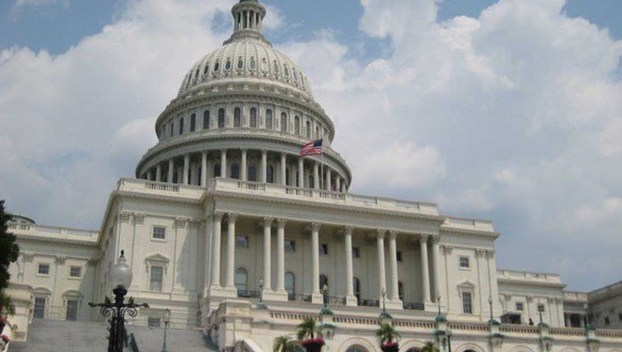
Cnhi Network
Little-known GOP Medicaid provision hits high-cost states with double loss
WASHINGTON — When Republican Gov. Charlie Baker recently groused in a letter to senators that the GOP health ... Read more

WASHINGTON — When Republican Gov. Charlie Baker recently groused in a letter to senators that the GOP health ... Read more